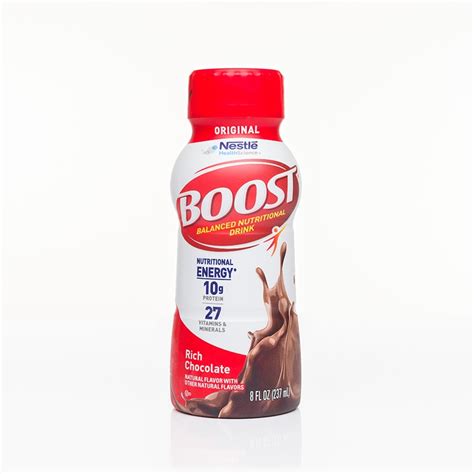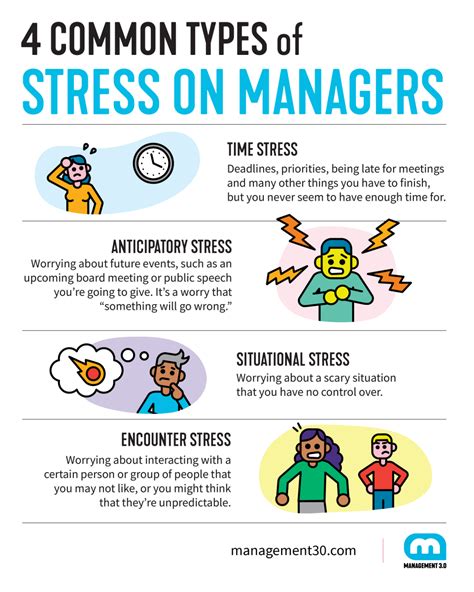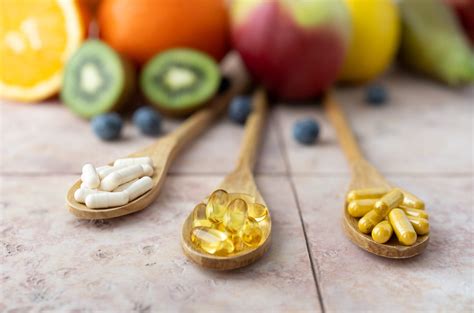Boost T levels naturally for peak energy, muscle, & drive?

Unlock Your Full Potential: Naturally Boosting Testosterone
Testosterone, often hailed as the king of male hormones, plays a pivotal role far beyond just sex drive. It’s intrinsically linked to your energy levels, mood, muscle mass, bone density, and even cognitive function. As men age, or due to certain lifestyle factors, testosterone levels can decline, leading to a host of unwelcome symptoms like fatigue, reduced libido, difficulty building muscle, and a general lack of vigor.
While synthetic options exist, many men are seeking natural, sustainable ways to optimize their ‘T’ levels. The good news is that your daily habits, from what you eat to how you sleep, hold immense power in shaping your hormonal health. By making intentional changes, you can tap into your body’s innate ability to produce testosterone, revitalizing your energy, sharpening your physique, and reclaiming your drive.

Lifestyle Pillars for Natural T Optimization
1. Dietary Powerhouse: Fueling Your Hormones
What you put into your body directly impacts hormone production. A balanced diet rich in specific nutrients is crucial for testosterone synthesis.
- Healthy Fats: Don’t shy away from good fats! Monounsaturated and polyunsaturated fats (found in avocados, nuts, seeds, olive oil, and fatty fish like salmon) are essential building blocks for steroid hormones, including testosterone.
- Quality Protein: Adequate protein intake supports muscle growth, which in turn can positively influence T levels. Aim for lean meats, poultry, eggs, and legumes.
- Micronutrients: Zinc, Vitamin D, and Magnesium are particularly important. Zinc is a co-factor in testosterone production, Vitamin D acts as a steroid hormone itself, and Magnesium can improve free testosterone levels. Foods like oysters, beef, spinach, fortified milk, and almonds are excellent sources.
2. Strategic Exercise: Lift, Sprint, Thrive
Exercise, especially certain types, is a potent natural T booster.
- Strength Training: Compound movements like squats, deadlifts, bench presses, and rows engage large muscle groups and have been shown to significantly increase testosterone. Aim for 3-4 sessions per week, focusing on heavy lifts with proper form.
- High-Intensity Interval Training (HIIT): Short bursts of intense exercise followed by brief recovery periods can also stimulate testosterone release. Think sprints, burpees, or cycling intervals.
- Avoid Overtraining: While exercise is great, excessive or prolonged cardio without adequate recovery can actually increase cortisol (stress hormone) and suppress testosterone. Listen to your body and prioritize recovery.

3. The Power of Rest: Sleep Your Way to Higher T
Sleep is not a luxury; it’s a biological necessity, especially for hormone production. Studies show that insufficient sleep can drastically lower testosterone levels.
- Aim for 7-9 Hours: Consistency is key. Establish a regular sleep schedule, even on weekends.
- Improve Sleep Quality: Create a cool, dark, quiet bedroom environment. Avoid screens before bed, and limit caffeine and alcohol intake in the evenings.

4. Stress Management: Taming the Cortisol Beast
Chronic stress is a testosterone killer. When you’re stressed, your body releases cortisol. Elevated cortisol levels can directly suppress testosterone production, creating a vicious cycle of fatigue and reduced vitality.
- Mindfulness and Meditation: Regular practice can significantly lower stress levels.
- Hobbies and Relaxation: Dedicate time to activities you enjoy, whether it’s reading, spending time in nature, or listening to music.
- Deep Breathing: Simple breathing exercises can activate your parasympathetic nervous system, promoting relaxation.

Targeted Supplements (Use with Caution)
While a holistic lifestyle is paramount, certain supplements can complement your efforts, but always consult a healthcare professional before adding them to your routine.
- Vitamin D3: Especially for those with limited sun exposure, supplementation can be beneficial.
- Zinc: If you have a confirmed deficiency, zinc supplementation can help.
- Ashwagandha: An adaptogenic herb that has shown promise in reducing stress and potentially boosting testosterone in some studies.
- Fenugreek: Some research suggests it may help increase free and total testosterone levels.

Embrace the Journey to Optimal Health
Boosting your testosterone naturally isn’t about quick fixes; it’s about adopting a sustainable lifestyle that supports your overall health and well-being. By prioritizing nutrient-dense foods, consistent and effective exercise, sufficient restorative sleep, and proactive stress management, you can empower your body to produce testosterone at its optimal levels. The result? Enhanced energy, stronger muscles, a revitalized sex drive, and an overall improved quality of life. Start today and commit to the journey of reclaiming your peak vitality.









